While there is no doubting the impact that talented leaders and individuals can have on culture and business performance, a great team has an exponential impact on both. Indeed, it is almost impossible to over index the importance of having effective teams at all levels of your organisation.
Improving your team effectiveness is about making your whole greater than the sum of its parts. Creating and sustaining this magic doesn’t happen overnight, but takes intentional focus, effort, and work.
In this article we will look at the characteristics of an effective team, the business benefits of spending time on this, and actionable strategies for building the right mindsets, behaviors, and ways of working in teams across your organisation.
The real magic in effective teams happens when the group come together and, through collaboration, generate results that are more than simply the addition of their respective capabilities. I use the word ‘magic’ on purpose because most of us will have worked in, or observed, effective teams, and you can sense the difference between them and ineffective teams. It’s both intangible – there is a different energy in the air that you feel – but also tangible, because you know it when you see it (and don’t see it), and these teams invariably outperform their less effective counterparts; usually significantly so.
So, what lifts a team above their individual functional delivery to be able to do something much better together?
Through our 30 years’ experience working with organisations, we have developed, tried, and tested our Team Performance Model that defines four elements of an effective team.
We always start by getting teams to think about their purpose is. This is about looking at:
From the answers to the questions on purpose and goals, we explore what kind of team they therefore need to be. What roles and responsibilities do they need to have, collectively and individually? Where are the interdependencies, and opportunities for greater collaboration?
The analogy I always use is – do you need to be a swimming team, or a soccer team? A swimming team may need to train together, support each other, and share some common resources. But everybody wins by doing their best in their own lane. So, the team needs to be set up to enable individual success.
However, a soccer team can’t score unless everybody is playing the same game, facing the same goal, and understanding its shared objective.
Your business strategy may require you to be a swimming team, a soccer team, or something in between. It doesn’t matter. The key is to clarify your purpose, and therefore how you need to be organised to deliver on that. That is why our work always starts by getting teams clear on this, because what effectiveness means for that team needs to be tailored to its goals.
This is about the ‘how.’ Here we are delving into:
Teams are comprised of individuals, so strong relationships and high levels trust are non-negotiable if you want to be effective. So, we’re exploring:
We typically support teams at three stages of development:
This happens when a leader is setting up a new team, for example they are new to a role or because the team itself has just been created. While not everyone may be new to the team, some are, and there is a need to reset and create their own identity.
In this case, the emphasis is often on speed. The key problem to solve is – how can we get the team to high performance as quickly and efficiently as possible?
These are established teams with no serious issues, but they need to take it to the next level of effectiveness to add the value to the business that they can, and should, be doing.
For these teams, it’s about deepening trust, forging mutual accountability, and stronger alignment. The key is finding the difference that will make the difference.
This is for teams in trouble, who are experiencing tensions and challenges that are causing dysfunctional ways of working and hampering performance.
Here, the focus is on support and constructive challenge, getting to the root causes of the issues, and rebuilding the team so they can move forward together and get back on track.
Regardless of why a team comes to us, our support is tailored based on diagnosis, stakeholder feedback, and ongoing review.
To be a high-performing team in this area you need to have clear alignment and strong commitment. Getting to this means:
Improving team effectiveness in this area is done through:
Here it’s about:
This is focused on:
There are many benefits to improving your team effectiveness. Three key ones are:
Team effectiveness is critical to culture change. There are lots of reasons for this, including:
How do you make the whole greater than the sum of its parts is a perennial question for teams in companies worldwide. There are no shortcuts, but there are successful strategies, and if you put intentional effort into them over the long term, they will pay dividends for your culture and performance.
Contact us to start improving your team effectiveness.

Head Office / Europe:
+31 (0) 20 240 2233
North America:
+1 (0) 212 417 0221
UK: +44 (0) 207 100 6999
Asia Pacific: +61 (2) 8310 5285
Brazil & Latin America: +55 (11) 932 500 683
(WhatsApp available)